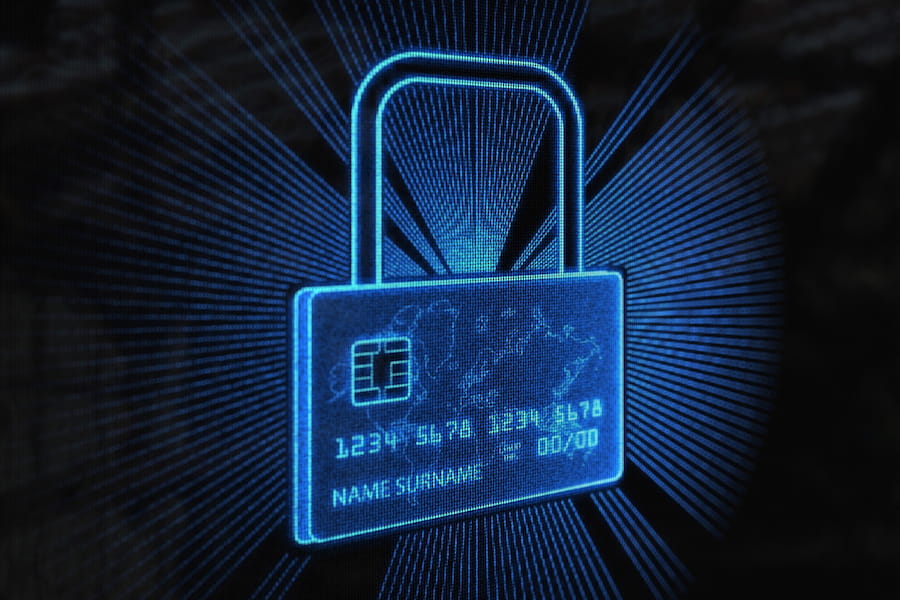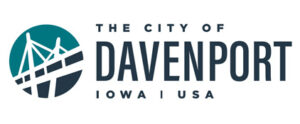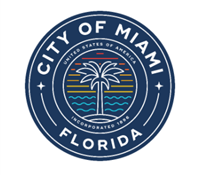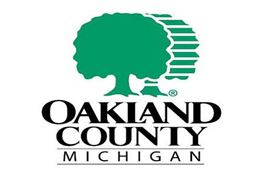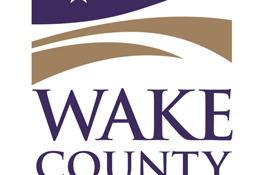What Does PCI Stand For?
PCI stands for payment card industry; it refers to security standards established to protect sensitive financial information during transactions. The PCI DSS, or Payment Card Industry Data Security Standard, is a security structure that outlines requirements for organizations that handle credit card data.
The PCI DSS was established by major credit card companies such as Visa, MasterCard, American Express, Discover, and JCB. Adhering to what PCI stands for through compliance is crucial to upholding the highest levels of security, protecting both consumers and financial entities in electronic transactions.
What Is PCI DSS Compliance?
PCI DSS compliance is adherence to the Payment Card Industry Data Security Standard, designed to ensure secure processing and storage of payment card information. PCI DSS compliance consists of 12 core data security requirements, all aimed at protecting cardholder data and preventing security compromises concerning financial information.
Organizations that meet these standards are recognized as PCI-compliant. Organizations must implement regular and proactive security measures to remain compliant. To meet these requirements, organizations can leverage PCI compliance services that offer guidance, secure frameworks, scans, and monitoring that uphold PCI security standards.
What Are the Benefits of PCI Compliance?
PCI compliance offers multiple benefits focused on enhancing the integrity of payment card transactions, including:
- Protection of cardholder data
- Proactive risk management
- Reduced risk of security breaches
- Prevention of financial losses
- Industry credibility
- Legal and regulatory compliance
- Optimized data security processes
- Enhanced confidence in transactions
Implementing PCI credit card compliance measures helps ensure that payment data is handled with the utmost confidentiality. These advantages are especially notable in industries where a commitment to maintaining high data security standards is critical, such as those who engage in global business or handle a large volume of transactions.
It is also essential for public entities, governments, and other organizations to ensure the secure handling of payment transactions as a public security measure.
Is PCI Compliance Mandatory?
Yes, PCI compliance is mandatory for any organization that processes credit card payments. These organizations must undergo a PCI DSS assessment to demonstrate compliance, which involves thoroughly reviewing the systems, processes, and security controls. PCI compliance is mandated by a number of entities, including:
- Major credit card companies
- Laws and regulations
- PCI-compliance service providers
Compliance requirements can vary based on transaction volume. It’s crucial to validate that measures are being implemented to safeguard cardholder data from unauthorized access or theft. PCI compliance validation can include external scans, questionnaires, or onsite audits by qualified assessors.
Failure to comply or engage in PCI DSS adherence measures is not only risky—it’s nonnegotiable. Non-compliance can result in significant consequences, including financial penalties, a loss of consumer confidence, and vulnerability to security breaches.
What Are the Requirements for PCI Compliance?
PCI compliance involves a set of 12 requirements set forth by the Payment Card Industry Security Standards Council (PCI SSC) to ensure payment card data is handled in a secure environment. These requirements entail measures that aim to build and maintain secure systems, implement control measures, regularly monitor and test networks, and maintain standardized security policies.
As PCI DSS standards evolve, it’s crucial to ensure ongoing compliance. This means reviewing and updating policies regularly while adhering to the fixed set of key rules and guidelines.
PCI Compliance Checklist: 12 Requirements
A PCI compliance checklist serves as a comprehensive guide for organizations to ensure adherence to the established guidelines:
- Install and maintain a firewall configuration to safeguard cardholder data.
- Avoid using vendor-supplied defaults for system passwords and other security parameters.
- Implement measures to protect stored cardholder data.
- Encrypt transmission of cardholder data across open and public networks.
- Employ and consistently update anti-virus software or programs.
- Create and sustain secure systems and applications.
- Restrict access to cardholder data based on business necessity.
- Assign a unique ID to each individual with computer access.
- Limit physical access to cardholder data.
- Monitor and track all access to network resources and cardholder data.
- Regularly conduct testing of security systems and processes.
- Develop and maintain a policy addressing information security for all personnel.
PCI compliance is not a one-time event. It is an ongoing process, requiring organizations to continuously monitor and address security risks. It’s crucial to ensure all personnel know the security policies and that emerging threats are addressed according to a predetermined incident response plan.
What Are the Drawbacks of Being PCI Non-Compliant?
Non-compliance with PCI standards can have severe consequences, including:
- Financial Penalties: Payment card brands can levy fines against organizations, which vary depending on the severity of non-compliance.
- Legal Consequences: Regulatory bodies may take action against organizations, including legal proceedings or fines.
- Increased Breach Risk: Non-compliance can leave organizations vulnerable to data breaches and cyberattacks.
- Loss of Trust: Consumers may lose confidence in organizations that fail to handle payment information securely.
- Reputational Damage: Negative publicity tarnishes an organization’s image and makes it challenging to maintain a positive reputation.
- Security Expenses: Additional costs involved in investigations or remediation efforts can be expensive in the wake of a breach.
- Suspension of Services: Payment card companies may suspend payment processing services, resulting in operational and revenue disruptions.
PCI non-compliance poses significant risks to the legal standing and financial stability of an organization and its patrons. Regular compliance maintenance, particularly through PCI compliance services, can help organizations that handle payment card transactions prioritize and maintain compliance with PCI standards.
Get Secure PCI Compliant Payments
With the evolving digital payment landscape, ensuring security in payment transactions is crucial. By opting for PCI-compliant solutions, organizations can ensure the security of payment processing.
PCI compliance services include a range of solutions designed to assist organizations in meeting PCI DSS requirements. These services can include comprehensive assessments, audits, and ongoing guidance to ensure policies, procedures, and systems align with stringent security measures.
CORE’s PCI compliance services provide a holistic approach to enhancing data security. Get in touch with us to use our PCI-compliant secure payment solution.




